Seaweed-Powered Agriculture: Biostimulants Bridge Land and Sea
Regenerative ocean farming can revive the long tradition of using seaweeds to break down the walls that separate our land- and ocean-based food systems. We can build a bridge between land and sea by using kelp to capture nutrients in the ocean and create seaweed-based agricultural inputs to fortify soils and land-based crops against climate stressors.
In partnership with biostimulant company AgriSea New Zealand Seaweed, GreenWave is trialing kelp fermentation methods to open up market opportunities for North American seaweed farmers. “In addition to advancing the economic and environmental goals of coastal communities in New Zealand, bringing these lessons back to the broader ocean farming industry will be a catalyst for communities around the globe searching for solutions to make a living on a living planet,” says Bren Smith, Co-Founder and Co-Executive Director of GreenWave.
Launched in 1996, Māori-owned AgriSea was established to improve soil and crop health, promote environmental stewardship, and support the livelihoods of local dairy and livestock farmers and rural seaweed gatherers. AgriSea–now run by second-generation Clare and Tane Bradley–ferments and brews certified organic and non-certified liquid seaweed concentrates from the New Zealand native species Ecklonia radiata. Gatherers traditionally hand-harvest Ecklonia after cyclones wash it ashore and leave behind 30% of the kelp to preserve the on-shore micro ecosystem it supports.
“It’s tough to build a business that solely relies on seaweed washing up on the shore after storms,” says AgriSea’s Chief Executive Officer Clare Bradley. “The emerging seaweed farming industry in New Zealand is a chance to create steady economic opportunity for rural, coastal communities, and scale positive environmental impact and climate-resilient land-based farming practices.”
AgriSea’s product line is tailored to meet the diverse needs of land-based farmers and growers including dairy farmers, ranchers, viticulturists, apiarists, orchardists, home gardeners, and more. Biostimulants promote beneficial microbes by stimulating the biology of the soil and are rich in micronutrients and compounds that can enhance soil fertility and plant growth and improve nutrient uptake.
“For our family, our work is about providing solutions that create a healthy food system through farming practices with low environmental impact,” says Clare. “AgriSea is an intergenerational operation and we want to build a better future for our children and grandchildren.”
Clare and AgriSea’s Chief Innovation Officer Tane–who grew up in the business–prioritize community engagement with the coastal seaweed gatherers and the farmers their products support. Based in the Waikato region, AgriSea is embedded within the dairy farming hub of New Zealand’s North Island, and dairy farmers make up 50 percent of their customer base. Their location allows Clare and Tane to regularly connect with farmers, learn about their challenges, and find solutions to support their work.
Beyond biostimulant production and sales, AgriSea offers consulting services, training, and farmer networking opportunities. They regularly host hui (meetings) for visitors curious about their work and provide tours of their factory. “Education is an important part of helping families transition to new growing practices that benefit the environment and maintain crop yield,” says Tane. “We want farmers to tap into our network and learn directly from each other.”
As pioneers in the Aotearoa New Zealand seaweed industry, Clare and Tane collaborate with academic institutions, agricultural experts, and farmers to conduct field trials and collect data. They focus on projects that merge indigenous Māori knowledge and regenerative agriculture principles to improve soils and waterways. AgriSea builds community through education programs for farmers and projects like Rere ki Uta Rere ki Tai, working alongside 10 farms on the Waikato and Bay of Plenty in New Zealand to pilot biological farming methods that restore the mana (respect) and mauri (life force) of the soil. AgriSea has forged relationships and iwi (Maori tribal) partnerships to trial seaweed cultivation methods for watershed bioremediation.
Over the years, AgriSea New Zealand expanded its reach and developed a strong reputation both domestically and internationally. With their established track record of biostimulant production with Ecklonia, we’ve teamed up to replicate their fermentation methods using sugar kelp, a species commercially cultivated in the U.S.
“With seaweed farming on the horizon, we see our role as ensuring a high-value market and high-quality seaweed-based products for farmers on land and sea,” says Clare.
GreenWave is excited to partner with values-driven companies like AgriSea that center farmer-forward solutions to uplift communities and build viable markets for regeneratively ocean-farmed seaweed. Together we can build a blue economy from the ground up. “GreenWave has done incredible work to match market opportunities with scaling seaweed production,“ says Tane. “We have an amazing opportunity to have honest and collaborative conversations about how we can replicate solutions that benefit our land and ocean farmers.”




